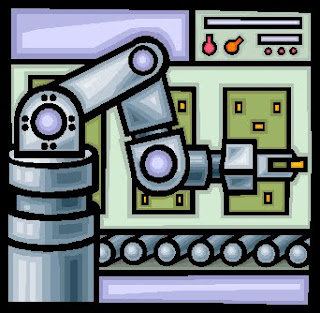Here are three calamities that could befall us today to confirm the superstition that Friday 13th is an unlucky day:
1. Sovereign debt default by one or more countries in the Euro zone.
2. Passing the tipping point at which the melting of Greenland is unstoppable.
3. A nuclear explosion carried out by terrorists.
It is highly unlikely that any one of these will happen precisely today but all of these are likely someday soon.
1. To solve the euro zone crisis requires that creditors acknowledge the bad debt of the European countries including Portugal, Spain, Italy and Greece. The way to prevent these bad debts from becoming sovereign default is for Germany to transfer funds (or forgive debt) to keep the euro alive. Germany does very well from a currency far weaker than the deutschemark would be if it still existed. German exporters, such as BMW which has posted record quarterly sales, are riding high. It is in Germany’s interests to keep the euro project intact. Even so, it is politically highly unlikely that Germany will make the transfers required, so there is stalemate. Each day of delay makes the consequences worse. A clear out of sovereign debt in the euro zone is long overdue and it would be better to start today than delaying further.
2. The world may already have passed the tipping point where carbon dioxide levels in the atmosphere will lead to melting all the ice on Greenland. If not today, it will come within the next decade (or two) unless there is a major push to reduce fossil-fuel dependency. It would take a couple of centuries to completely melt the Greenland ice sheet, but the arithmetic is worrying. It is fact that if the Greenland ice sheet melts, global sea levels will rise by 5 to 6 metres. This has massive consequences and requires long-term plans to relocate people and cities. We cannot know, but it might be better to accept today as the tipping point, not only to renew our efforts to stop the burning of fossil fuel but to lay down the framework for what to do with flooded coastlines from Bangladesh to London and New Orleans.
3. Renewed interests in nuclear power will inevitably increase the supply and access to material for nuclear weapons. Each new reactor, and each additional country with nuclear capabilities, increases the risk. The low carbon emissions of an operating nuclear power plant are not the only factor to consider. Nuclear weapons should never again be used and the major powers will do all in the power to keep the nuclear peace, but in a world in which there are many more nuclear reactors they may not be able to hold the line. It is unthinkable that a major city would be blown apart by a nuclear device but we must think of this possibility in setting energy policy. It would be better if the security services intercept such an attack at a late stage to drive home the risks and force real preventive action.
That is my list of possible calamities. For those of a superstitious disposition, Friday 13th is a day best spent safely in bed, but that would not be enough if any of these strike us down.




